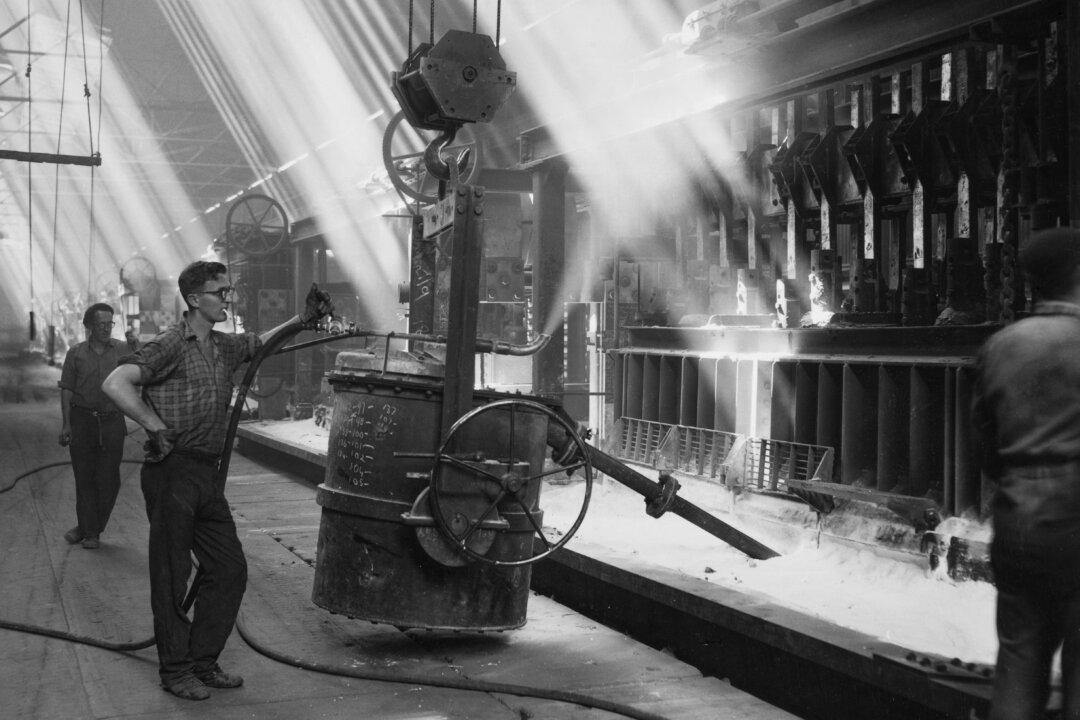Commentary
I’m as excited as anyone about the prospect of a return of American manufacturing. But there are huge barriers, among which is the profitability metrics of accounting. Will it make sense from an economic point of view? Without that piece in place, political wishes and national determination will not be enough.





